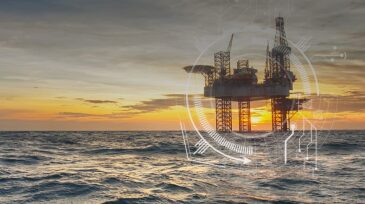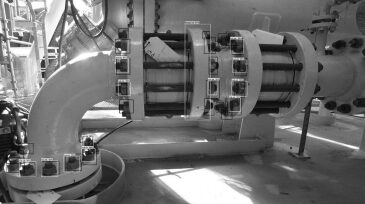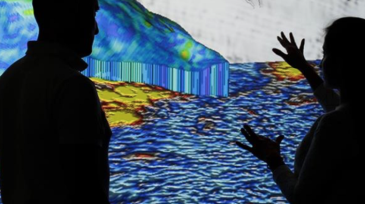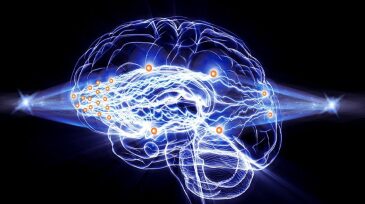AI/machine learning
In the past year, publications on CO2, natural gas, and hydrogen storage have increasingly focused on the design, evaluation, and optimization of storage plans. These efforts encompass a broad spectrum of challenges and innovations, including the expansion of storage reservoirs from depleted gas fields and saline aquifers to stratified carbonate formations and heavy-o…
This paper introduces an agentic artificial-intelligence framework designed for offshore production surveillance and intervention.
Reaching further than dashboards and data lakes, the agentic oil field envisions artificial intelligence systems that reason, act, and optimize.
-
The artificial-intelligence application BHC3 Reliability provides early warning of production downtime and process risk to improve operational productivity, efficiency, and safety.
-
Using machine learning (ML), image recognition, and object detection, the use of ML on algorithms to recognize objects and describe their condition were investigated—offering new possibilities for performing inspection and data gathering to evaluate the technical condition of oil and gas assets.
-
The combination of digital technologies will enable Chevron—and, eventually, other companies—to process, visualize, interpret, and glean insights from multiple data sources, the companies said.
-
Blending smart-proxy models with data-driven models to create hybrid models is not always the best idea for physics- and engineering-related applications.
-
Equinor is working on a natural language processing tool that could combine data sources and help planners anticipate the issues that affect onsite operational safety.
-
Even the most powerful computers are still no match for the human brain when it comes to pattern recognition, risk management, and other similarly complex tasks. A new approach, however, could enable parallel computation with light, simulating the way neurons respond in the human brain.
-
Artificial intelligence tools present many opportunities for the energy industry, and, as technological concepts leave the realm of science fiction, companies have started to grasp what is possible. What roles do culture and ethics play in helping companies understand the digital revolution?
-
Recently, AI researchers from Microsoft open-sourced the Decentralized & Collaborative AI on Blockchain project that enables the implementation of decentralized machine-learning models based on blockchain technologies.
-
This paper highlights the results of a test campaign for a tool designed to predict the short-term trends of energy-efficiency indices and optimal management of a production plant.
-
Baker Hughes is still a GE company, but it has partnered with a second company for artificial intelligence expertise, C3.ai. The deal is expected to speed the integration of AI into oilfield operations by the company which also markets GE’s device analytics platform, Predix.













